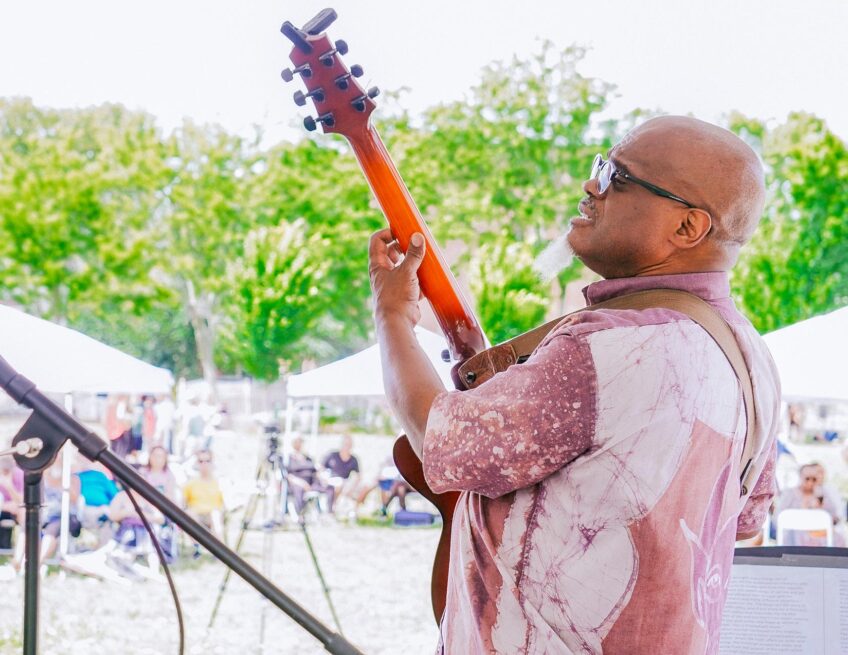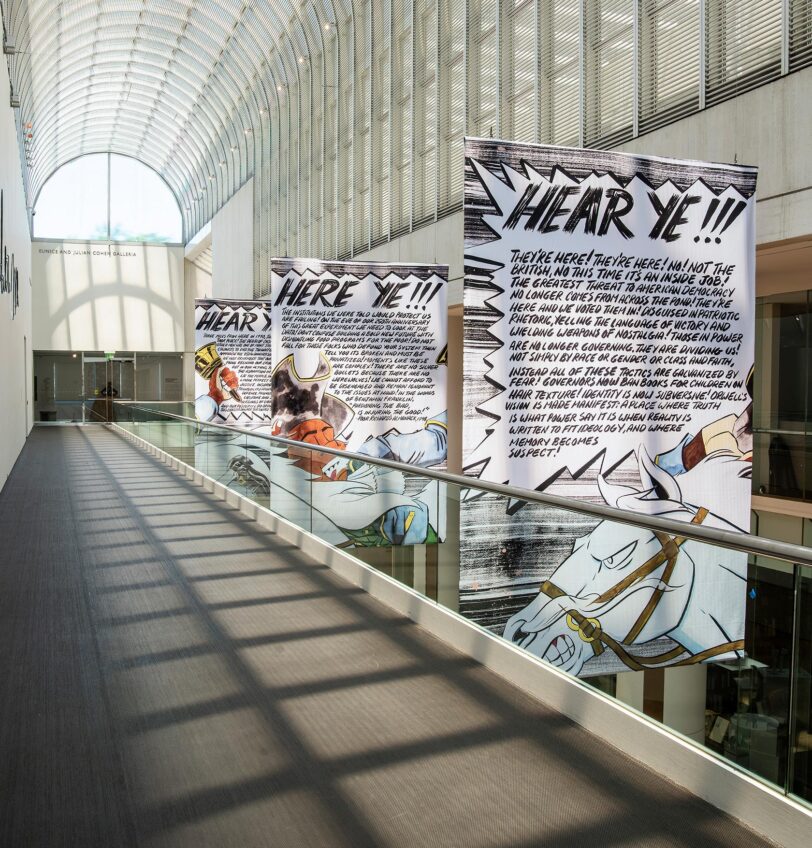Gore Vidal is now gone, but his hit play “The Best Man,” with its enduring insights about politics and human nature, is as alive as ever. It makes no difference that the country posing a potential nuclear threat today is Iran rather than Russia, the Cold War adversary at the time of this sharp 1960 Broadway hit. Now in a crack Broadway revival with an electrifying performance by James Earl Jones as fictional former President Arthur ‘Artie’ Hockstader, “The Best Man” should be a winner on any theatergoer’s ballot.
Set in handsomely appointed hotel rooms created by set designer Derek McLane as a fictional convention is about to ballot for its party’s presidential candidate, Vidal’s play vividly depicts the world of strategy, rumor, innuendo, half-truths and lies that still dominate American presidential campaigns. Of course, the identity of the ‘best man’ of the title is the focal point of that world. In Vidal’s drama, the main contenders appear to be Secretary William Russell and Senator Joseph Cantwell, who both seek Hockstader’s pivotal endorsement. A study in contrast, Russell is a reserved thinker while Cantwell is a less insightful doer.
“The Best Man” explores the influence of their very different personalities on their campaigns. Russell tries to campaign without attacking his opponent, but Cantwell thrives on questioning his opponent’s competence. Sue- Ellen Gamadge, chair of the women’s division of the party, advises Cantwell that the sexual liaisons of presidents are not rare and that candidates should be judged on issues and skills and not their personal lives. Cantwell, however, seems determined to make an issue out of Russell’s emotional stability.
Will Cantwell pressure Russell out of the race with psychiatric evidence about his mental health? Will Russell, for his part, make public information about married Cantwell’s World War II relationships that would suggest he might be gay? Could such strategies produce a stalemate, repeated convention ballots or a last-minute victory for a dark horse candidate? Also, what impact do the candidates wives – reserved and reflective Alice Russell and nubile and naive Mabel Cantwell – have on their chances? Things have changed these days, of course, so that women like Hilary Clinton are taken seriously as possible nominees. Even so, the play’s insights about politics, principle and public image and private life remain provocative. At the same time, Vidal — an astute writer of historical novels whose maternal grandfather was influential Senator Thomas Gore — keeps the play’s resolution both sharp and fully credible.
Director Michael Wilson keeps the revival’s pacing and the stellar cast as sharp as the play. James Earl Jones roars like a lion as the statesman-like former President. This convention may be ailing Hockstader’s swan song, but this fiery veteran actor – finding all of his character’s humanity and gusto, demonstrates once again that he has many more roles ahead of him. Never resting on his laurels, Jones is riveting and commanding.
The contrasting candidates are equally vivid. John Larroquette has Russell’s tentativeness about strategy as well as his remarkable thoughtfulness. John Stamos catches Cantwell’s dynamism and his win-at-all-costs relentlessness. Cybill Shepherd convinces as intensely loyal Alice Russell, while Kristin Davis has Mabel Cantwell’s engaging earthiness. Elizabeth Ashley captures the easy warmth and the invaluable experience of Sue Ellen Gamadge.
What does it mean to be ‘the best man’ or ‘best woman’ for that matter? The presidentially strong revival of “Gore Vidal’s The Best Man” at the Gerald Schoenfeld Theatre provides as much food for thought about the answer as the best convention speeches.






